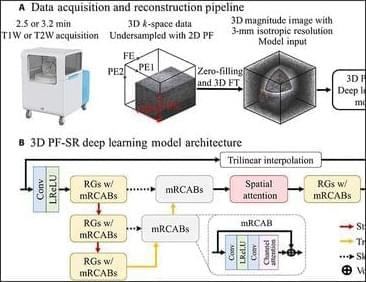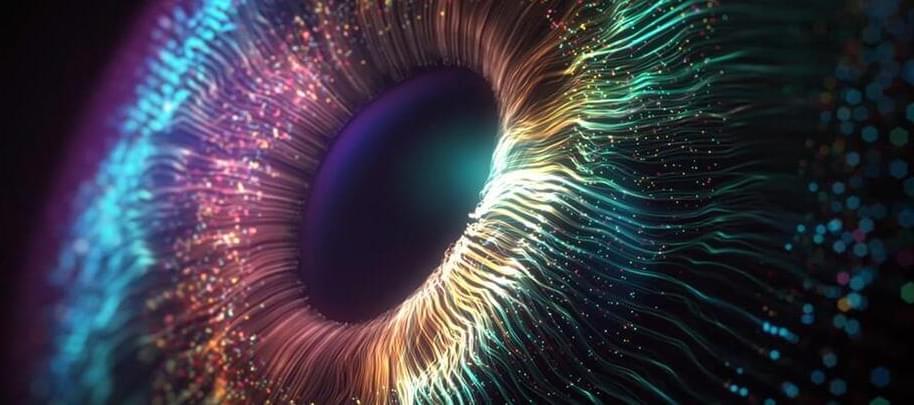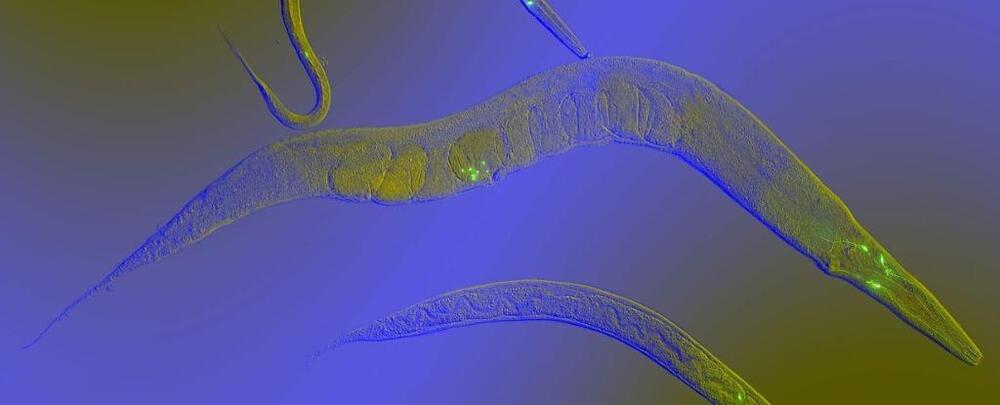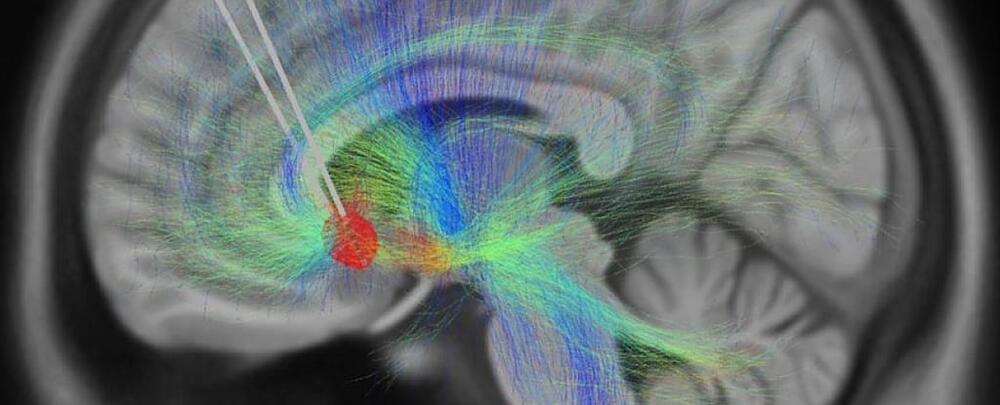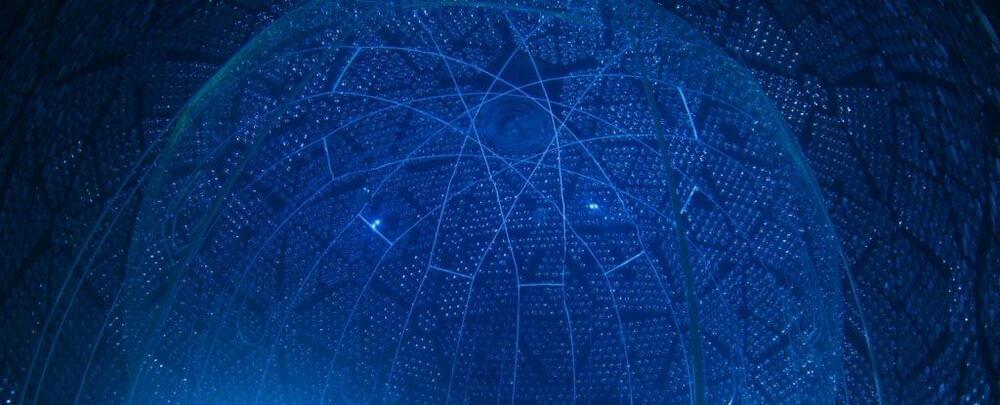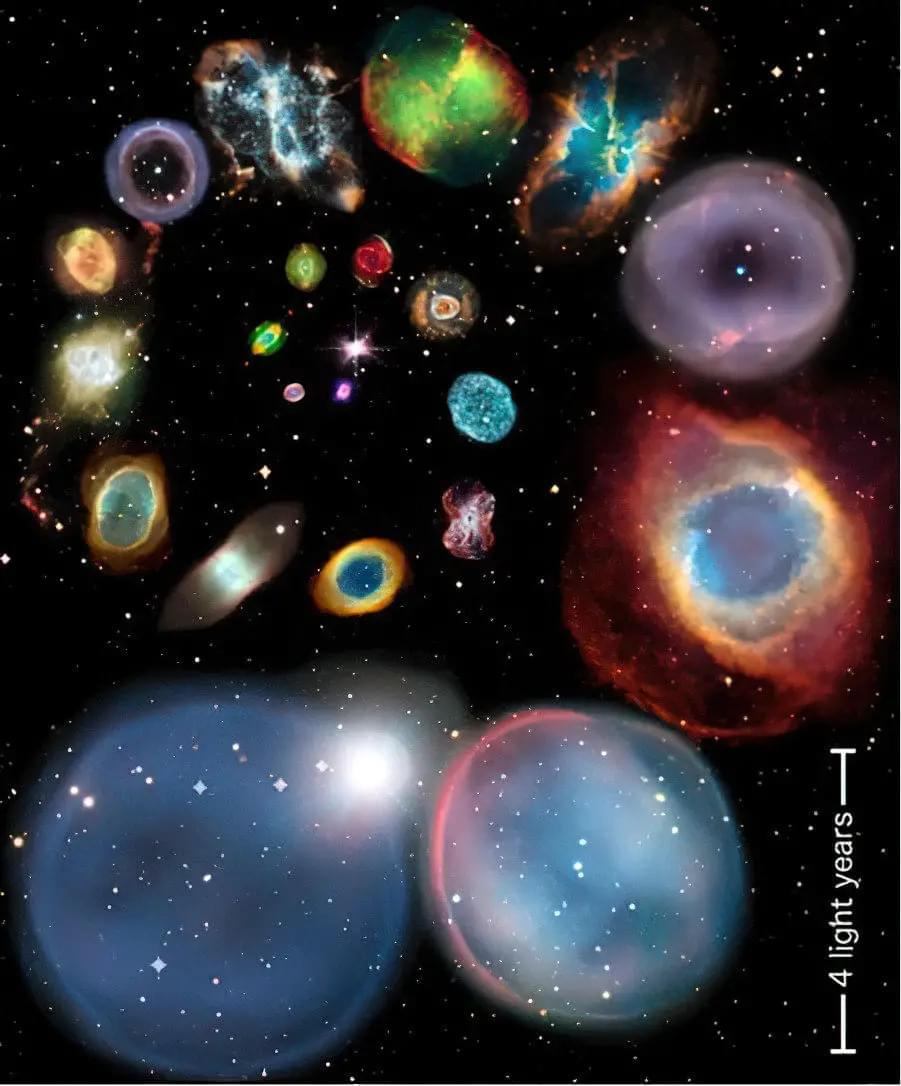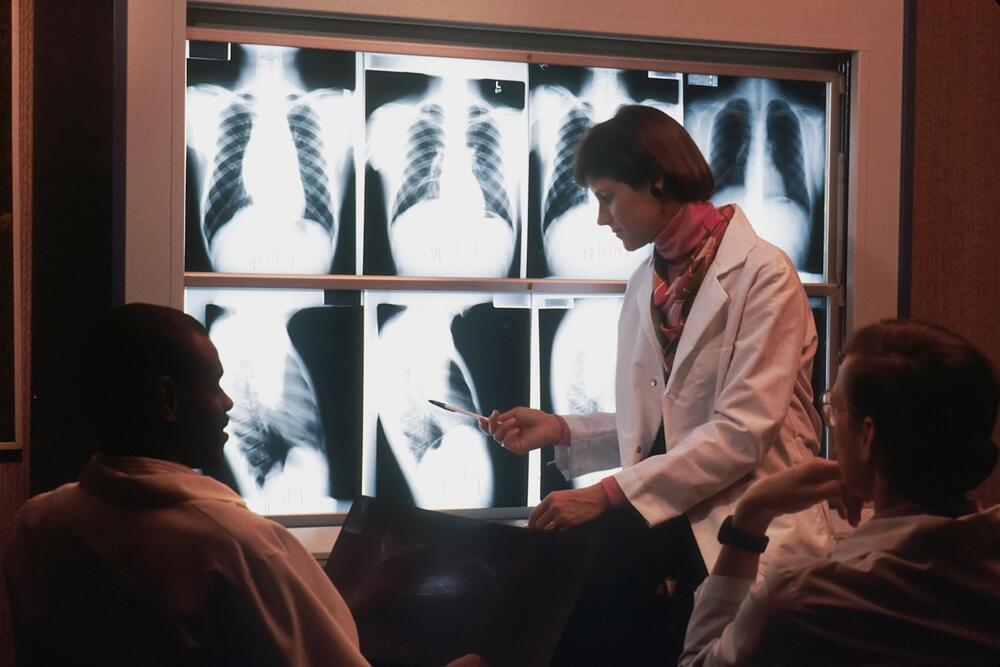Oct 2, 2023
‘Change The World’: Elon Musk Champions Recording Videos To Bolster On-The-Ground Reporting
Posted by Kelvin Dafiaghor in category: Elon Musk
Elon Musk, the owner of X (formerly known as Twitter) called for more people to record what is happening in the world around them, saying it would “change the world.”
Musk has been a strong advocate for free speech; prior to buying Twitter, he tweeted, “Free speech is essential to a functioning democracy. Do you believe Twitter rigorously adheres to this principle? The consequences of this poll will be important. Please vote carefully.”

